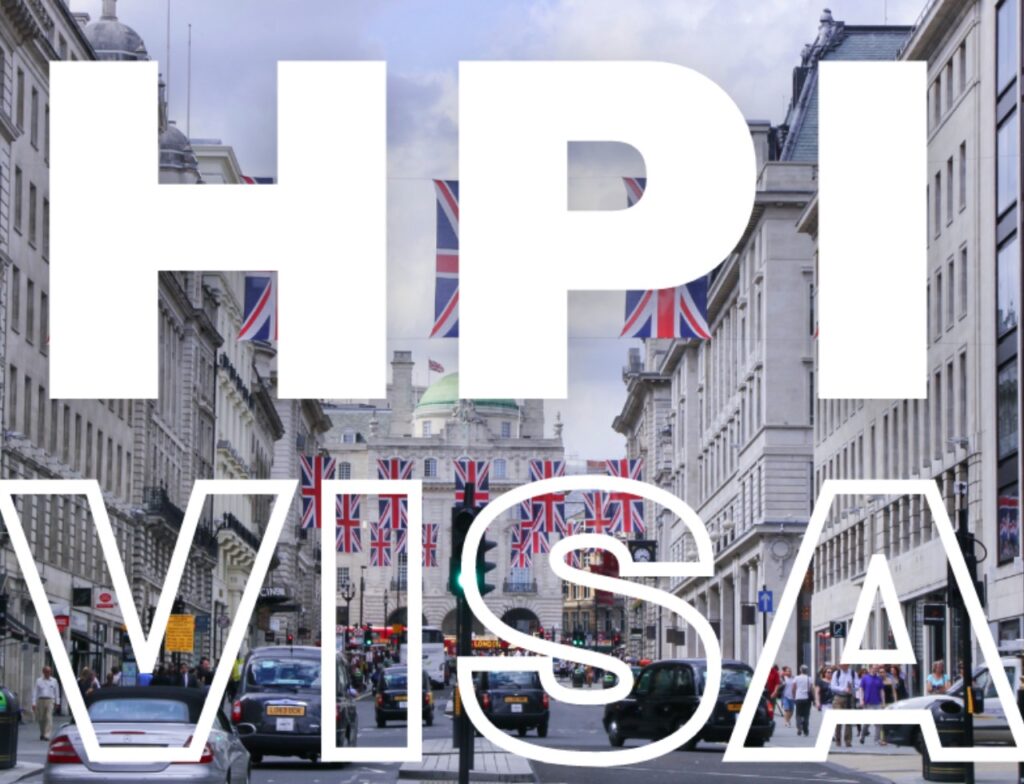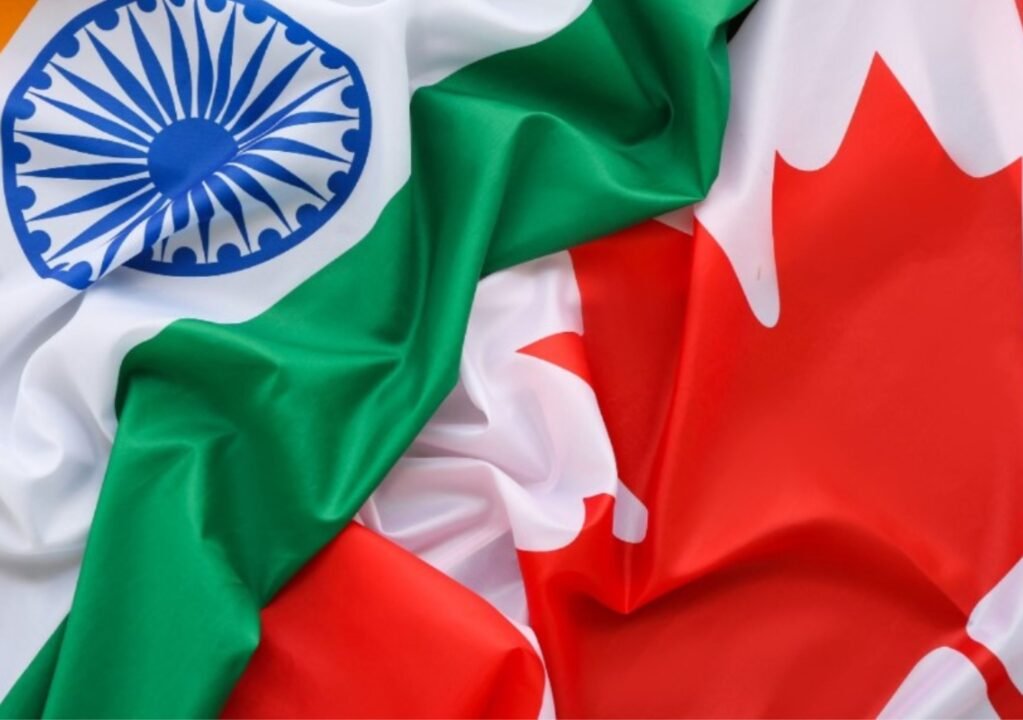The leaders of G7 countries have met for their latest G7 summit in Italy to discuss various issues affecting the world today, and one of them is immigration. Canadian, French, German, Italian, Japanese, British, and American leaders convened to deliberate together with other African leaders on strategies for how migration can be regulated effectively.
Understanding the Migration Issue
Population displacement continues to be a pressing issue at the international level, with millions of people risking their lives to seek refuge and a better future. Italy, where the summit took place, talked about its status as the primary gateway through which refugees from Africa, the Middle East, and Asia escape to Europe. The current Italian Premier, Giorgia Meloni, who has been very vocal on the issue of immigration, called for more investment in African countries to ease the burden of migration to Europe.
G7 Summit discussions and goals
G7 leaders have been actively discussing possible measures to fight human trafficking, increase investments in origin countries to provide better economic outcomes, and tackle the push factors that lead to migration. This is in line with measures aimed at addressing conflicts and insecurity in areas that force people to look for desperate measures to escape, in the process putting their lives at risk.
Global Collaboration and Initiatives
Speaking about the threats posed by the criminal networks exploiting migrants, European Council President Charles Michel stressed the necessity of cooperation with other countries. This summit is intended to establish a coalition to fight smugglers and other criminal groups threatening the stability of regions globally. Moreover, the leaders of African countries attending the summit, including Algerian President Abdelmadjid Tebboune and Kenyan President William Ruto, also emphasized the necessity of sustainable development in their regions to prevent emigration.
Impact and Future Steps
Among the outcomes of the summit, it is worth mentioning topics such as financial assistance for Ukraine, the situation in Gaza, global warming, and emerging technologies, including artificial intelligence. Nevertheless, certain disagreements emerged during these different discussions, such as concern for the inclusion of references to abortion in the declaration of the summit.
Reflection on Key Challenges
French President Emmanuel Macron voiced his concerns about the absence of direct references to abortion in the final statement. This standpoint is linked to contemporary global discussions on women’s rights and reproductive health, with variations among the G7 countries.
Conclusion: Looking Ahead
Therefore, the G7 summit in Italy emphasized the notion of cooperation in solving multifaceted problems, including the issue of immigration. Political leaders not only reemphasized their dedication to the search for a sustainable resolution of the conflict that will respect the rights of civilians and international law. Nonetheless, as the dialogues go on and the projects are launched, the international community is ready to face the difficulties and build a better world.





